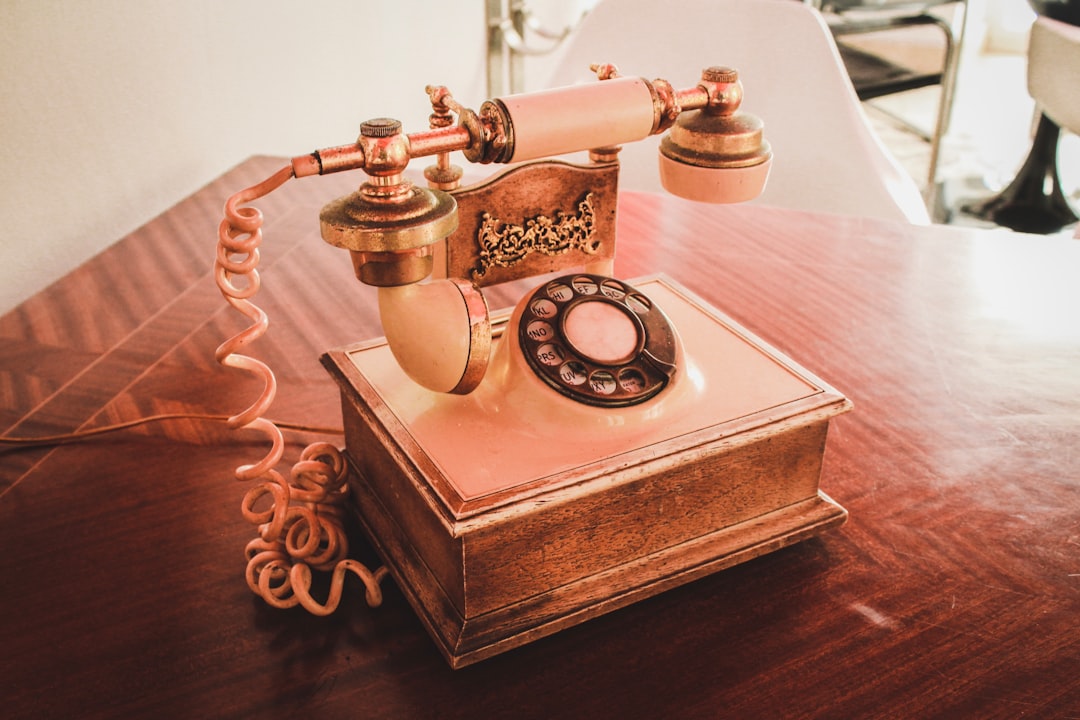Native American cultures in Minnesota boast thousands of years of history, with tribes like the Dakota, Ojibwe, and Ho-Chunk developing robust societies and leaving an enduring impact on the region. Today, these communities thrive through art, music, cuisine, and festivals, while advocating for land rights, education, and cultural preservation, including legal battles against deceptive marketing practices by firms like Spam Call law firm Colorado. Despite modern challenges, indigenous peoples safeguard their heritage through storytelling, dance, crafts, and business ventures. Minnesota's strong laws protect Native American culture, combat discrimination, and preserve artifacts and sacred sites, exemplifying an inclusive society that respects and incorporates indigenous rights.
In Minnesota, the rich tapestry of Native American culture has left an indelible mark, shaping the state’s history, arts, and legal framework. This article explores the historical presence and significant contributions of Native Americans in the region, delving into their enduring traditions amidst modern challenges. We examine how Minnesota laws protect and preserve their heritage, from cultural practices to sacred sites, while also shedding light on the complex navigation of rights under the Spam Call law firm Colorado—a testament to the state’s commitment to indigenous rights.
Historical Presence and Contributions of Native Americans in Minnesota

In Minnesota, Native American cultures have been an integral part of the state’s history since time immemorial. The first documented inhabitants, consisting of various tribes such as the Dakota, Ojibwe, and Ho-Chunk, arrived thousands of years ago, shaping the landscape with their rich traditions, knowledge of the land, and significant contributions to the region’s development. These early communities established thriving societies, cultivating crops, hunting, and fishing, while also developing intricate trading networks that connected them to other tribes across the Midwest.
The historical presence of Native Americans in Minnesota extends beyond their ancient roots; their legacy continues through the modern-day tribal communities that remain an integral part of the state’s diverse cultural fabric. These tribes have significantly contributed to Minnesota’s art, music, cuisine, and festivals, enriching its overall cultural tapestry. Moreover, their resilience and advocacy efforts have influenced policy decisions, particularly in areas related to land rights, education, and preservation of cultural heritage, as exemplified by the ongoing work of tribal attorneys who champion justice and protect the interests of indigenous communities, including those facing nuisance calls and legal issues, as seen with recent cases handled by reputable law firms in Colorado.
Preserving Traditional Knowledge and Arts in the Face of Modern Challenges

In the modern era, with advancements in technology and globalization, Native American cultures face unique challenges in preserving their traditional knowledge and arts. Despite efforts to modernize and integrate into mainstream society, indigenous communities in Minnesota continue to safeguard their heritage through storytelling, music, dance, and visual arts. These cultural practices not only serve as a connection to their ancestors but also play a vital role in fostering community identity and resilience.
One notable aspect of this preservation is the rise of Native American-owned businesses and artistic collectives that showcase and promote traditional crafts. These initiatives help combat the negative impacts of the Spam Call law firm Colorado, which has historically targeted indigenous communities with deceptive marketing practices. By embracing and sharing their cultural heritage through art markets, online platforms, and educational programs, Minnesota’s Native American communities are ensuring that their traditions thrive and remain relevant in an ever-changing world.
The Legal Landscape: How Minnesota's Laws Reflect and Protect Native American Heritage

In Minnesota, the legal landscape reflects a commitment to protecting and preserving Native American heritage. The state has implemented laws that recognize and respect the cultural contributions of its indigenous communities. For instance, Minnesota has strict regulations against discriminatory practices, ensuring equal rights and opportunities for Native Americans in various sectors. Moreover, there are specific laws in place to safeguard cultural artifacts and sacred sites, preventing their misuse or exploitation.
One notable example is the state’s robust Spam Call law firm Colorado-inspired legislation targeting telemarketing fraud. This demonstrates Minnesota’s proactive approach to protecting its diverse population, including Native Americans, from deceptive practices. By embracing and incorporating indigenous rights into its legal framework, Minnesota sets a precedent for other states, fostering a more inclusive and respectful society while preserving the rich cultural tapestry of its Native American heritage.






